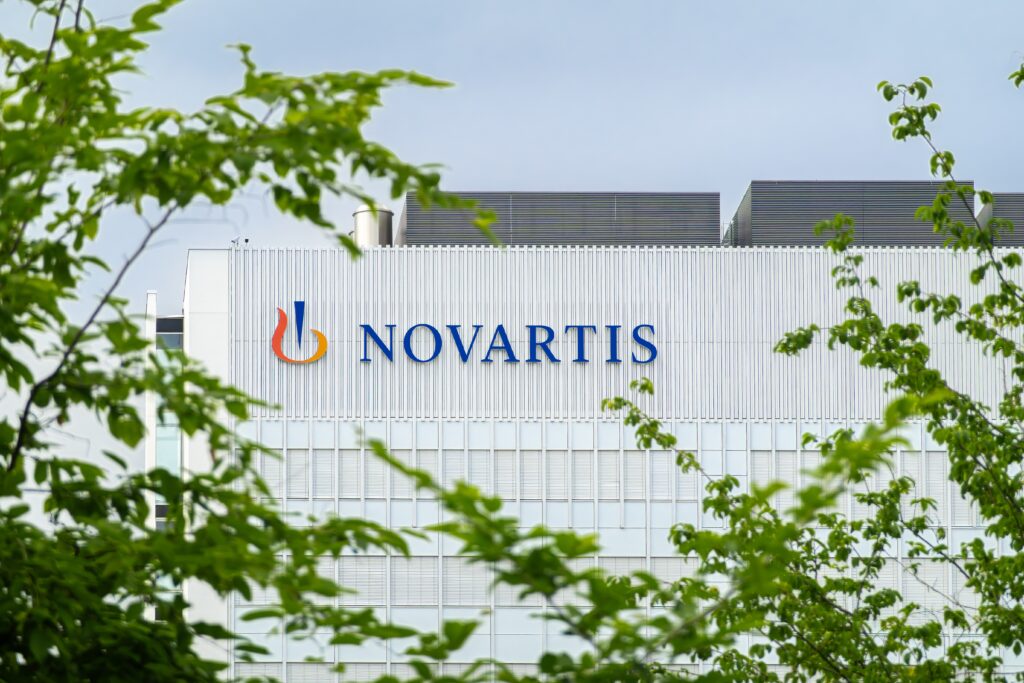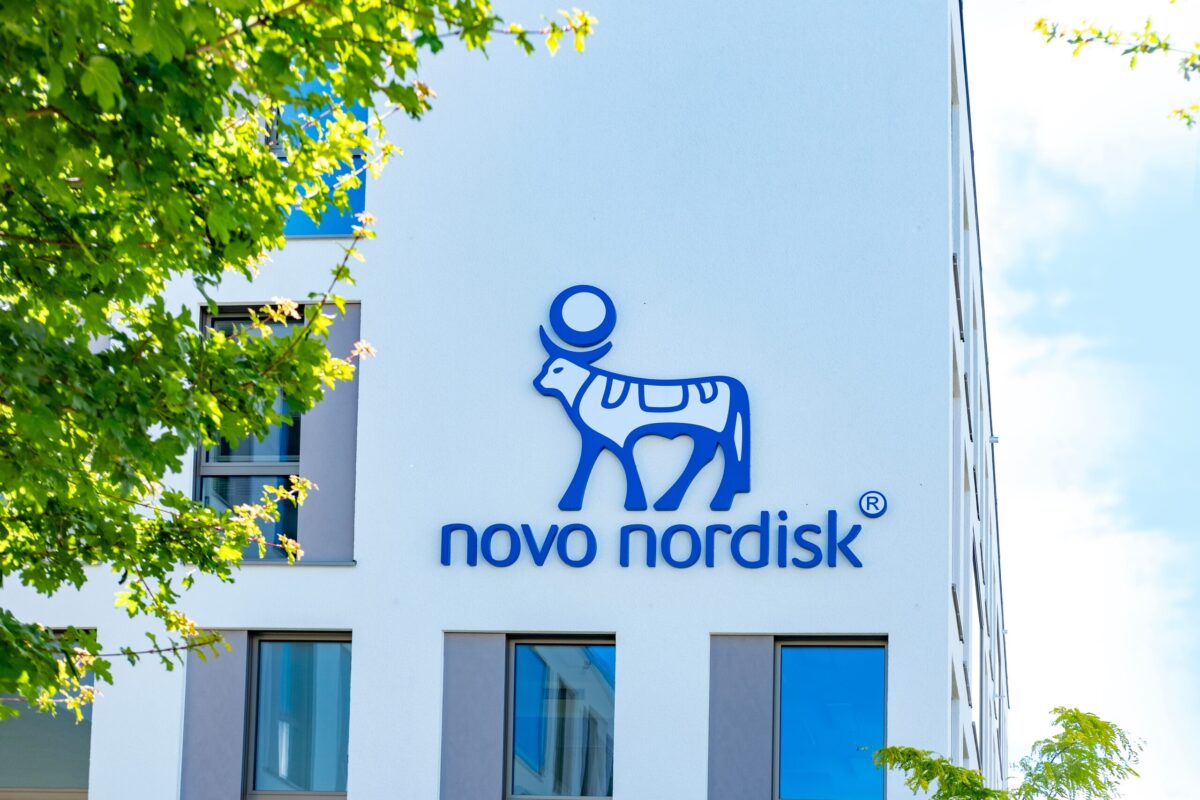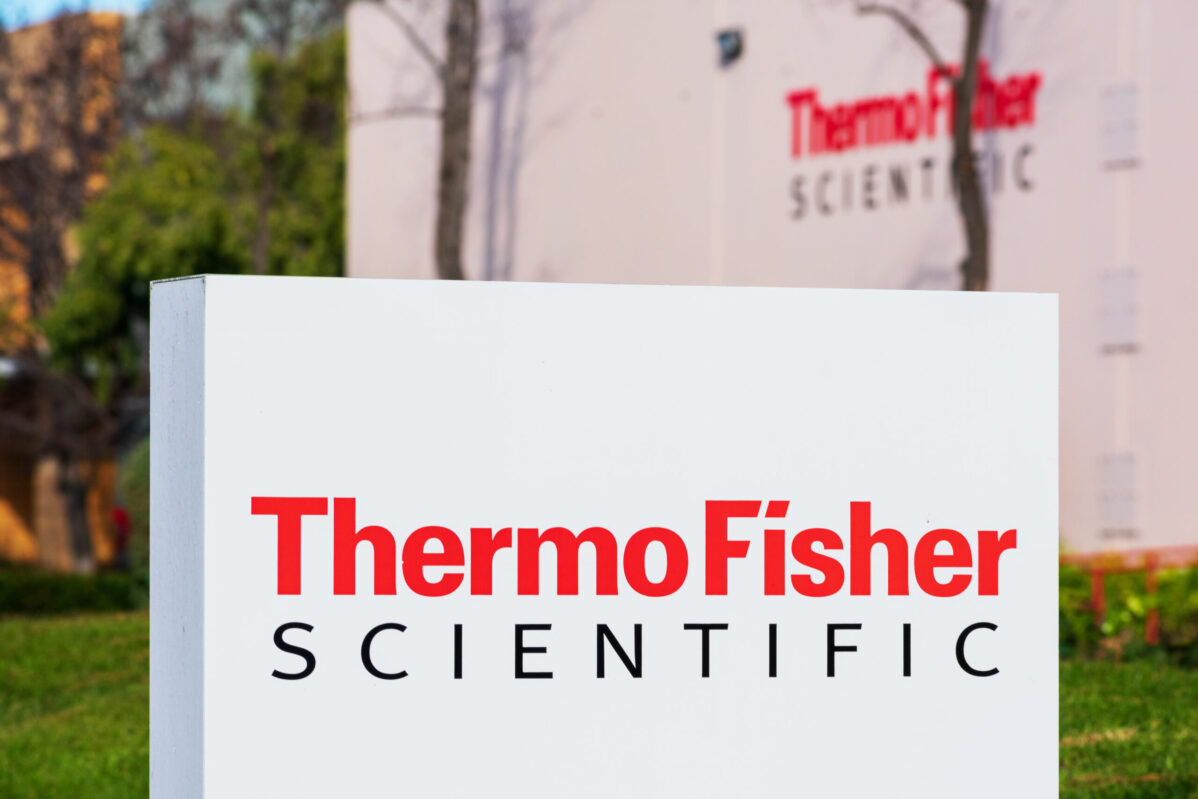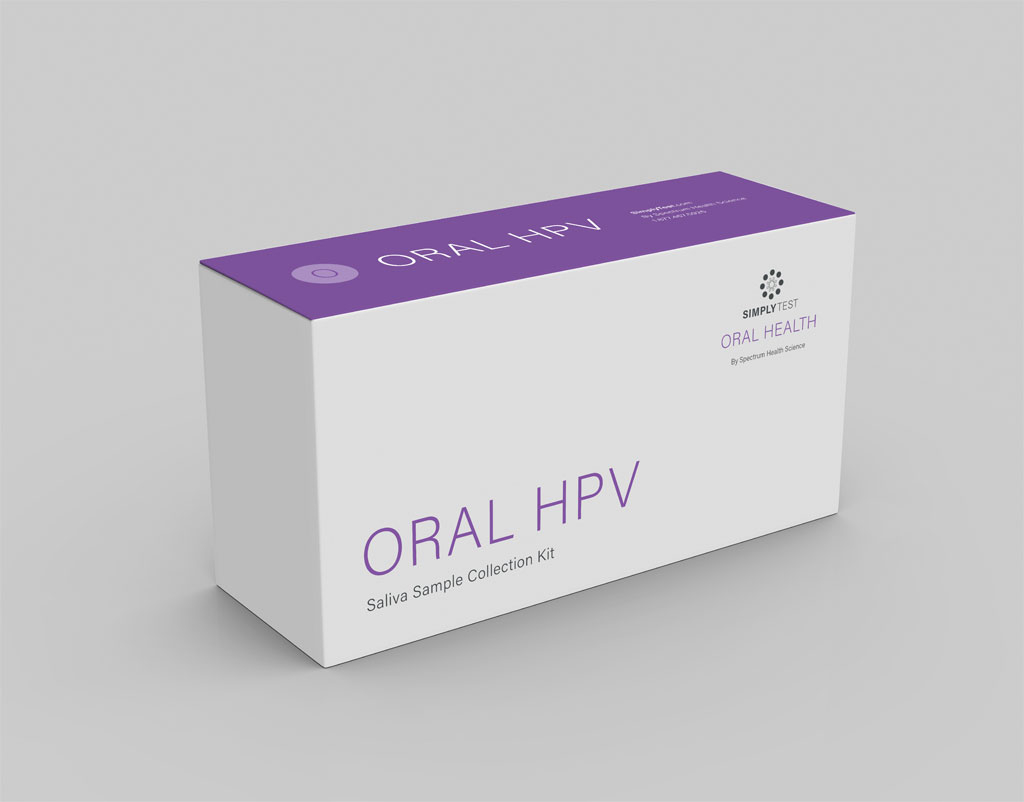Novartis AG has announced that it has entered into a definitive agreement to acquire Avidity Biosciences, Inc., a San Diego-based biotech pioneering a new class of RNA-directed therapies, particularly in neuromuscular disease.
The all-cash transaction is valued at roughly $12 billion, with Avidity shareholders receiving $72 per share, about a 46% premium to the company’s closing price ahead of the announcement.
Novartis says the mega investment will “unlock multi-billion-dollar opportunities with planned product launches before 2030.”
The deal brings Avidity’s differentiated muscle-directed delivery Antibody Oligonucleotide Conjugates (AOCs) platform and three late-stage clinical programs targeting genetic neuromuscular disorders.
Avidity’s proprietary AOC platform combines the precision targeting capabilities of monoclonal antibodies with the therapeutic potential of oligonucleotides, allowing for the efficient delivery of RNA payloads directly to muscle tissue, a target that has historically been difficult to reach.
Through the platform, Avidity is advancing three late-stage neuromuscular disease programs addressing distinct forms of Duchenne muscular dystrophy (DMD), including myotonic dystrophy type 1 (DM1) and facioscapulohumeral muscular dystrophy (FSHD).
Novartis has characterized two of these programs as multibillion-dollar opportunities, while estimating that the third could achieve peak sales between $500 million and $1 billion.
Among the anticipated launches is delpacibart zotadirsen (del-zota), which drew investor attention last year on the strength of Phase I/II DMD data. The candidate employs an anti-TfR1 antibody to ferry an oligonucleotide into target cells, and was associated with a statistically significant ~25% increase in dystrophin production in patients amenable to exon 44 skipping.
Also in the late-stage RNA portfolio are delpacibart etedesiran (del-desiran), designed to lower DMPK levels in individuals with DM1, and delpacibart braxlosiran (del-brax), in development for FSHD.
Novartis CEO Vas Narasimhan noted that, “Avidity’s pioneering AOC platform for RNA therapeutics and its late-stage assets bolster our commitment to delivering innovative, targeted and potentially first-in-class medicines to treat devastating, progressive neuromuscular diseases,” said “The Avidity team has built robust programs with industry-leading delivery of RNA therapeutics to muscle tissue. We look forward to developing these programs to meaningfully change the trajectory of diseases for patients.”
The merger does not include Avidity’s early-stage precision cardiology programs, which the company will spin out into a new subsidiary company, SpinCo. The pipeline features candidates for rare genetic cardiomyopathies, including some being developed in collaboration with Bristol Myers Squibb and Eli Lilly.
Related: Sarepta’s Gene Therapy Elevidys Under Scrutiny After Patient Death
It’s been somewhat of a bumpy road for big pharma in muscular dystrophy. Roche and Sarepta’s Elevidys, for example, has faced a turbulent regulatory year following reports of two patient deaths after treatment with the gene therapy.
In 2021, Pfizer’s DMD gene therapy candidate, fordadistrogene movaparvovec, was linked to a death in a Phase Ib trial. In 2023, a two-year-old’s death in a Phase II trial followed by negative results from a Phase III trial in ambulatory boys with DMD led the company to drop development entirely in 2024.
Avidity has had its own hurdles, including a 2022 partial clinical hold on its DM1 program after a serious adverse event in one participant. The hold was lifted in 2024.
However, more recently, analyst worries about del-zota’s safety have eased in light of positive new data released in March.
With the Avidity acquisition, Novartis is bolstering an already substantial neuroscience franchise that includes multiple sclerosis mainstays Kesimpta, Mayzent and Gilenya. In November 2024, it inked a $1.1 billion deal for Kate Therapeutics, adding preclinical gene therapy programs aimed at DMD, DM1 and FSHD.
The Avidity deal is among the year’s largest pharma deals, second only to Johnson & Johnson’s $14.6 billion purchase of central nervous system (CNS)-focused Intra-Cellular Therapies earlier this year.
The Avidity acquisition will contribute to Novartis’s long-term growth profile, as the company projects the deal will raise its compound annual growth rate (CAGR) for 2024-2029 from about 5% to 6%.
The deal is expected to close in the first half of 2026.












Join or login to leave a comment
JOIN LOGIN